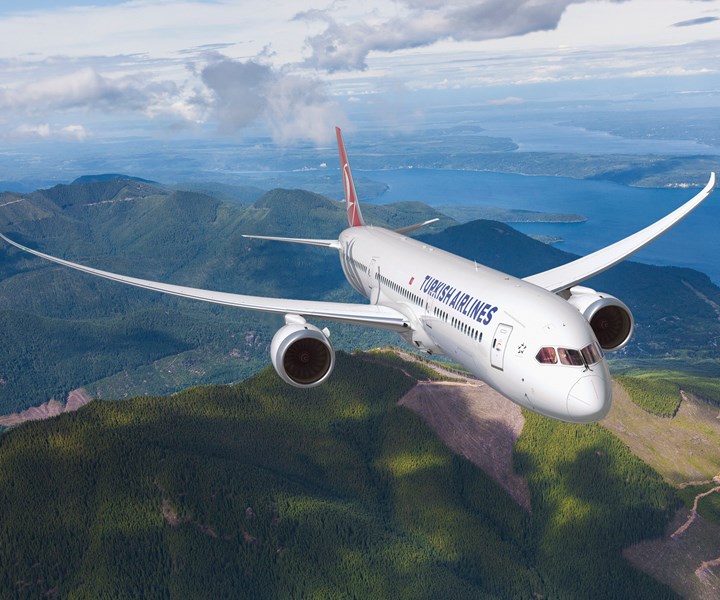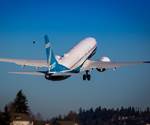Spirit AeroSystems suspends Boeing production work
The announcement follows Boeing’s temporary suspension of Puget Sound production activity due to the coronavirus outbreak.

Boeing 787. Source | Boeing
Following Boeing’s March 23 announcement to temporarily suspend production at its Washington state facilities, Spirit AeroSystems (Wichita, Kan., U.S.) reported on March 24 that it will also suspend Boeing work performed at its facilities in Wichita, Kansas, and in Tulsa and McAlester, Oklahoma. This action will begin Wednesday, March 25, and last 14 calendar days, until April 8. Spirit says it will continue to support 787 work for Boeing’s Charleston, South Carolina, facility as needed.
“We will continue to pay employees who are sent home during this two-week period due to the suspension of Boeing work,” Spirit says.
The company will use the time to further deep clean and sanitize work spaces and facilities, and will focus on a safe and orderly restart of operations.
“When production does resume on our Boeing programs, we will align our costs and workforce to the new level of production set by Boeing. This could potentially include additional workforce actions,” Spirit says.
Operations in support of defense customers, Airbus, aftermarket and MRO, third party fabrication work, other non-Boeing work, and other growth programs will continue. Those employees should expect to work their regular schedules.
Related Content
-
Welding is not bonding
Discussion of the issues in our understanding of thermoplastic composite welded structures and certification of the latest materials and welding technologies for future airframes.
-
The potential for thermoplastic composite nacelles
Collins Aerospace draws on global team, decades of experience to demonstrate large, curved AFP and welded structures for the next generation of aircraft.
-
Plant tour: Aernnova Composites, Toledo and Illescas, Spain
RTM and ATL/AFP high-rate production sites feature this composites and engineering leader’s continued push for excellence and innovation for future airframes.
.jpg;width=70;height=70;mode=crop)





